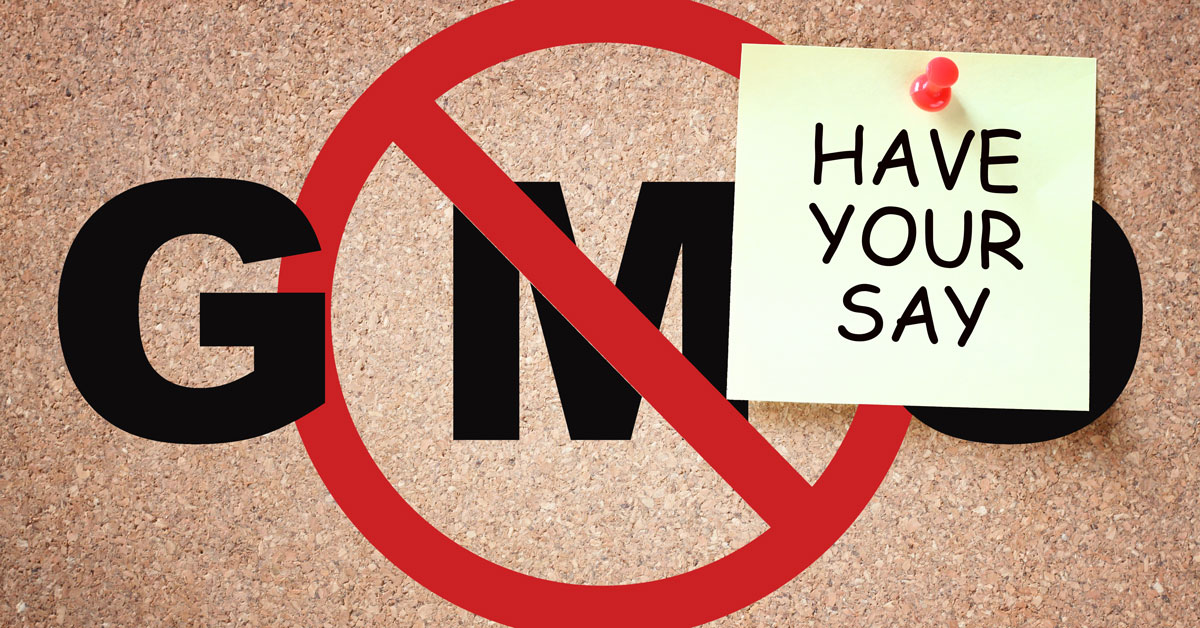
Advice to the public is now live
The recently launched Consultation on the Regulation of Genetic Technologies provides an opportunity for members of the public to air their views on whether plants and animals created using new experimental genetic engineering technologies (commonly referred to as gene-edited or genome edited) should be deregulated. Deregulation means the removal of vital safety checks and possibly no GMO (genetically modified organism) labelling.
The scope of regulatory changes being considered in this consultation covers an entire chain of events from the research and development to the marketing of gene edited plants and animals. Deregulation could mean the loss of essential protections for people, animals and the environment. In the case of gene-edited crops and foods, this could mean that new toxins or allergens could go unnoticed. In the case of gene-edited livestock, the inherent animal welfare issues add another layer of concern.
The proposed changes threaten food standards and safety; our right to choose what we are buying and eating; and the ability of those who want to farm in harmony with nature to keep doing so.
It is vital that everyone who is interested in food, farming and/or the environment responds to this consultation by Wednesday 17 March 2021.
Beyond GM and GM Freeze have published a document giving advice on how to respond. It's available here:
https://beyond-gm.org/how-to-respond-to-the-uk-consultation/
This consultation is said to only apply to England, but if UK agriculture ministry DEFRA changes the definition of a GMO, it will affect Scotland, Wales and Northern Ireland, so people from those countries are encouraged to respond to the consultation too.
GMWatch has given input into the Beyond GM/GM Freeze document but we'll also be submitting our own evidence to the consultation, which we will finalise and make public shortly.
In addition, GeneWatch UK has submitted and published its evidence to the consultation. It's available here:
http://www.genewatch.org/uploads/f03c6d66a9b354535738483c1c3d49e4/gwresponse-defra2021-fin.pdf










